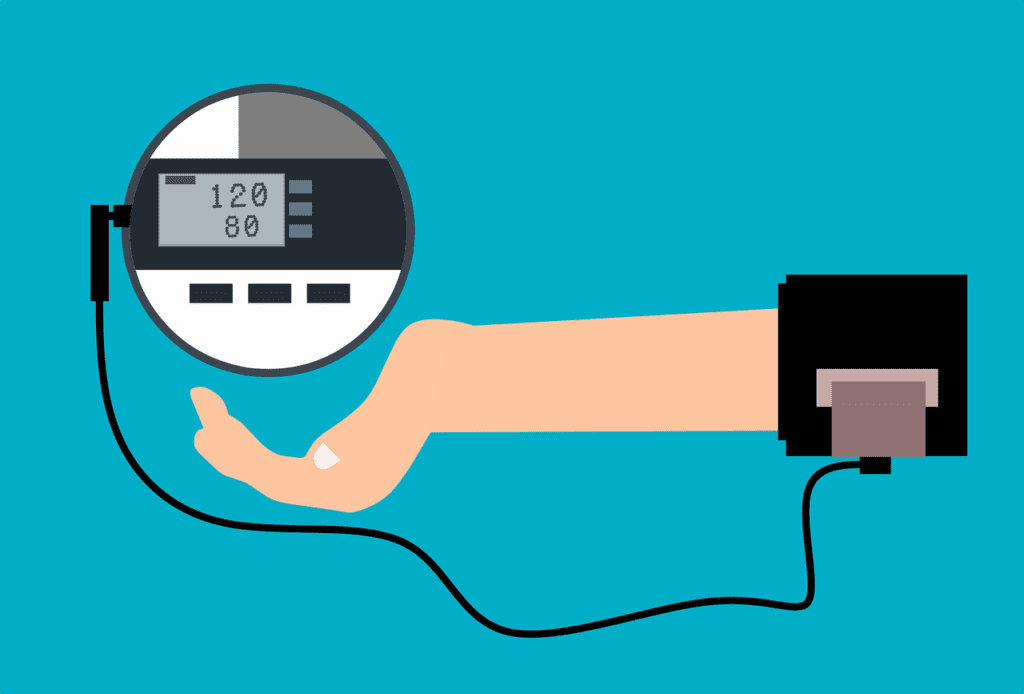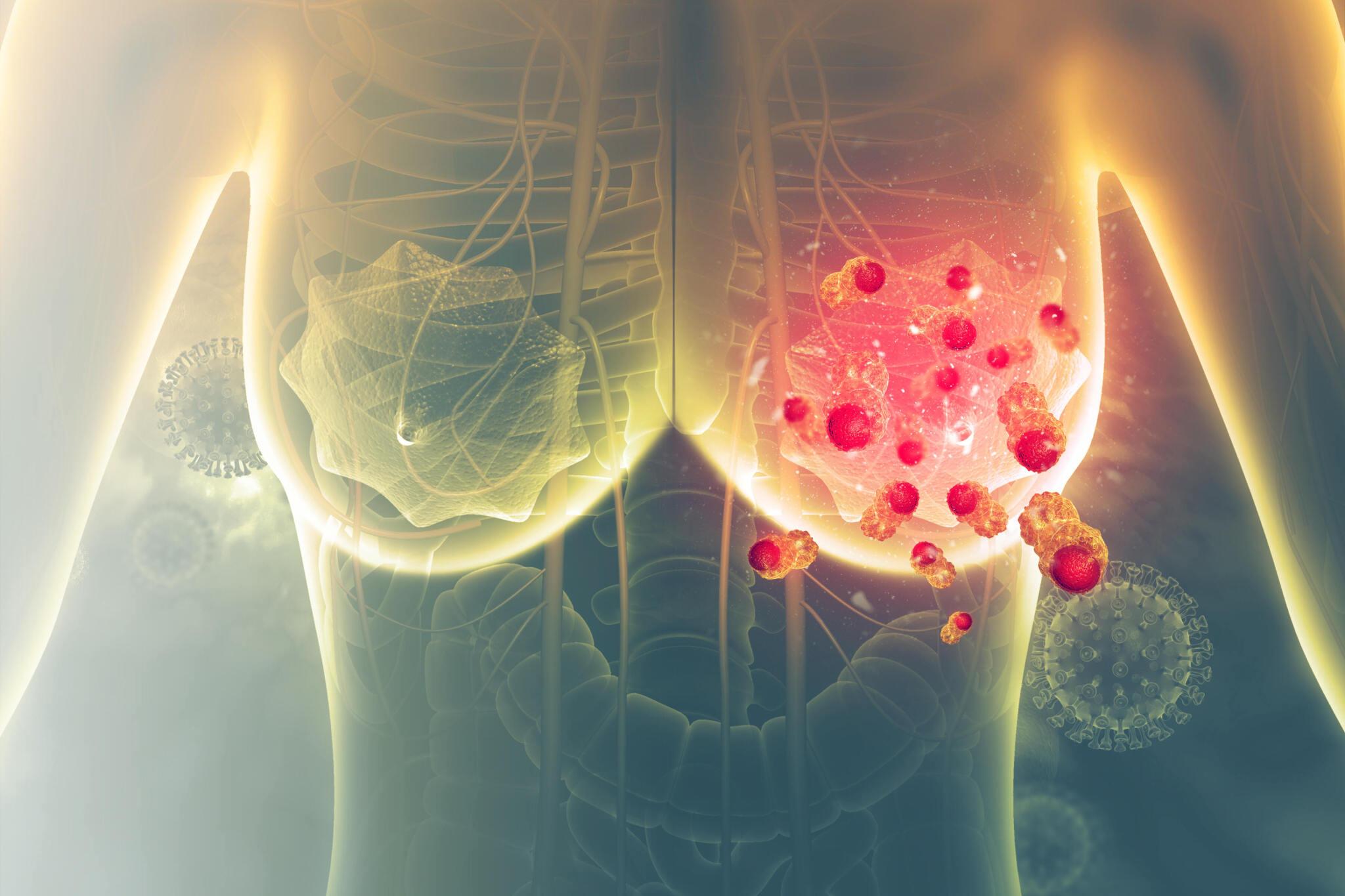
Everyone grapples with nutritional deficiencies from time to time. That explains why these conditions are commonly ignored.
However, a chronic deficiency in certain nutrients could have far-reaching medical implications. That’s especially if the shortage persists despite meeting your recommended daily intake (RDI) of the nutrient in question.
Fortunately, there are several ways to keep at par with your nutritional requirements for a healthy and fulfilling life. This article highlights the six most effective tips to combat dietary deficiencies.
1. Understand the Causes of Nutritional Deficiencies
The first tip in preventing nutritional deficiencies is to understand why you’re lacking in specific nutrients in the first place.
Inadequate intake accounts for the most significant percentage of globally-reported cases of nutritional deficiency. For instance, the recommended daily value of vitamin D is 400 international units (IU) for children aged 12 months or younger, 600 IU for people aged 1 to 70 years, and 800 IU for senior citizens aged over 70 years. It could happen that you’re unable to get enough vitamin D from your regular diet. In this case, vitamin D supplements would come in quite handy. But if the supplements are equally hard to come by, then it will only be a matter of time before you develop vitamin D deficiency.

In addition to inadequate intake, nutritional deficiencies could also result from insufficient absorption. Certain metabolic factors and chronic conditions can affect how your body absorbs nutrients. A slower absorption rate relative to the amount of a nutrient required for optimal growth could ultimately lead to a deficiency in that nutrient.
Last but not least, nutritional deficiencies can result from increased nutrient requirements. That’s especially if the increase is dramatic and consistent. For instance, physically active people would need more glucose in their system for energy synthesis than their laid-back counterparts. That’s regardless of whether they consume the recommended daily amount of glucose.
2. Know the Signs
Nutritional deficiencies present sure tell-tale signs. Familiarizing yourself with these signs can go a long way in helping you remedy the condition before it degenerates into unmanageable levels.
Severe hair loss is among the core symptoms of nutritional deficiency. If you’re losing more than 100 hair strands daily and have ruled out other potential triggers like hormonal imbalance, the problem could indicate a nutritional shortage. Low iron level is the biggest cause of nutrient-related hair loss.
Unexplained weight loss is another tell-tale sign of nutritional inadequacy. Since weight loss occurs throughout the body, it could indicate an acute shortage of all essential nutrients.
Nutritionally-deficient people also tend to be more susceptible to injuries. And when the injuries occur, they take exceedingly longer to heal.
A deterioration in night vision, irregular heartbeats, frequent headaches, and inexplicable changes in stool consistency are all tell-tale signs of a nutritional deficiency.

3. Eat a Balanced Diet
This is the most effective tip for addressing nutritional deficiencies. Eating a balanced diet is more of a preventive than a curative measure.
A balanced diet consists of three main food groups – protein, carbohydrates, and lipids/fats. You can obtain all three food types from animal and plant-based products.
However, plant-derived foods like fruits, vegetables, and nuts have proven especially useful in preventing nutritional deficiencies. That’s mainly due to their abundance of dietary fiber and antioxidants.
Fiber performs numerous essential roles in the body. It aids digestion while inhibiting the absorption of potentially harmful compounds like calories.
Increased fiber intake also nourishes the gut microbiome. Besides, the nutrient works alongside antioxidants to minimize the risks of disease. That includes conditions resulting from nutritional deficiencies, such as marasmus and rickets.
4. Deal With Stress
We all experience stressful events throughout the day. It’s abnormal to journey through life without dealing with one form of stress.
However, excessive feelings of worry can eventually degenerate into a full-blown anxiety disorder. And that’s when things begin to turn awful.
Chronic anxiety disorders can quickly impair your mental health development. Depending on the specific condition you’re suffering from, anxiety could also trigger a drastic depletion of micronutrient concentrations. That’s due to its adverse effects on the body’s absorption of nutrients and calories.
For instance, stress raises your metabolic rate. This, in turn, enhances the consumption and excretion of nutrients. Stress also affects the absorption of essential nutrients, including fiber, calcium, and vitamin D.
Therefore, you’ll need to deal decisively with anxiety or supplement with a nutritious diet after every stressful episode. Otherwise, nutritional deficiencies may occur.

5. Soak in the Mid-morning Sunshine
We’ve already highlighted the importance of vitamin D in the body. From supporting bone health to rejuvenating your skin and aiding the absorption of other minerals like calcium, there’s no limit to the health benefits of vitamin D.
If you’re struggling with frequent joint pain and poor skin tone, then that’s your cue to ramp up vitamin D intake.
Unfortunately, there are few natural vitamin D sources. Notable ones include red meat (particularly liver), oily fish, and egg yolk.
However, you can always find vitamin D in fortified foods. The vitamin is also relatively abundant in the mid-morning sunshine.
Soaking in the sun for about 15 minutes a day is all it takes for your body to kick-start natural vitamin B synthesis. Ensure you don’t overstay in the sun, as that could predispose you to skin conditions, including dehydration and skin cancers.
6. Go For Routine Medical Checkups
We’re living in the age of lifestyle diseases. Therefore, it’s unfathomable that anyone would go a year or two without scheduling a comprehensive medical examination.
Routine medical checkups can help uncover certain underlying conditions before they become full-blown diseases. Those include conditions caused by nutritional deficiencies.
During these routine checks, ensure you have your blood work analyzed. A simple blood test can reveal tons of potential issues with your diet. For instance, you’ll be able to know whether your blood glucose levels are within the healthy range or not.
You can also make the most of regular medical checkups by seeking diet counsel from your nutritionist. The nutritionist can analyze your clinical report to recommend the most appropriate diet programs.

Summary
Nutritional deficiencies can result from multiple causes. Fortunately, there are many ways to address these conditions and prevent them from occurring.
Above all, remember that most nutritional deficiencies can be treated by consuming the right food quality and quantity. All other interventions are secondary.






